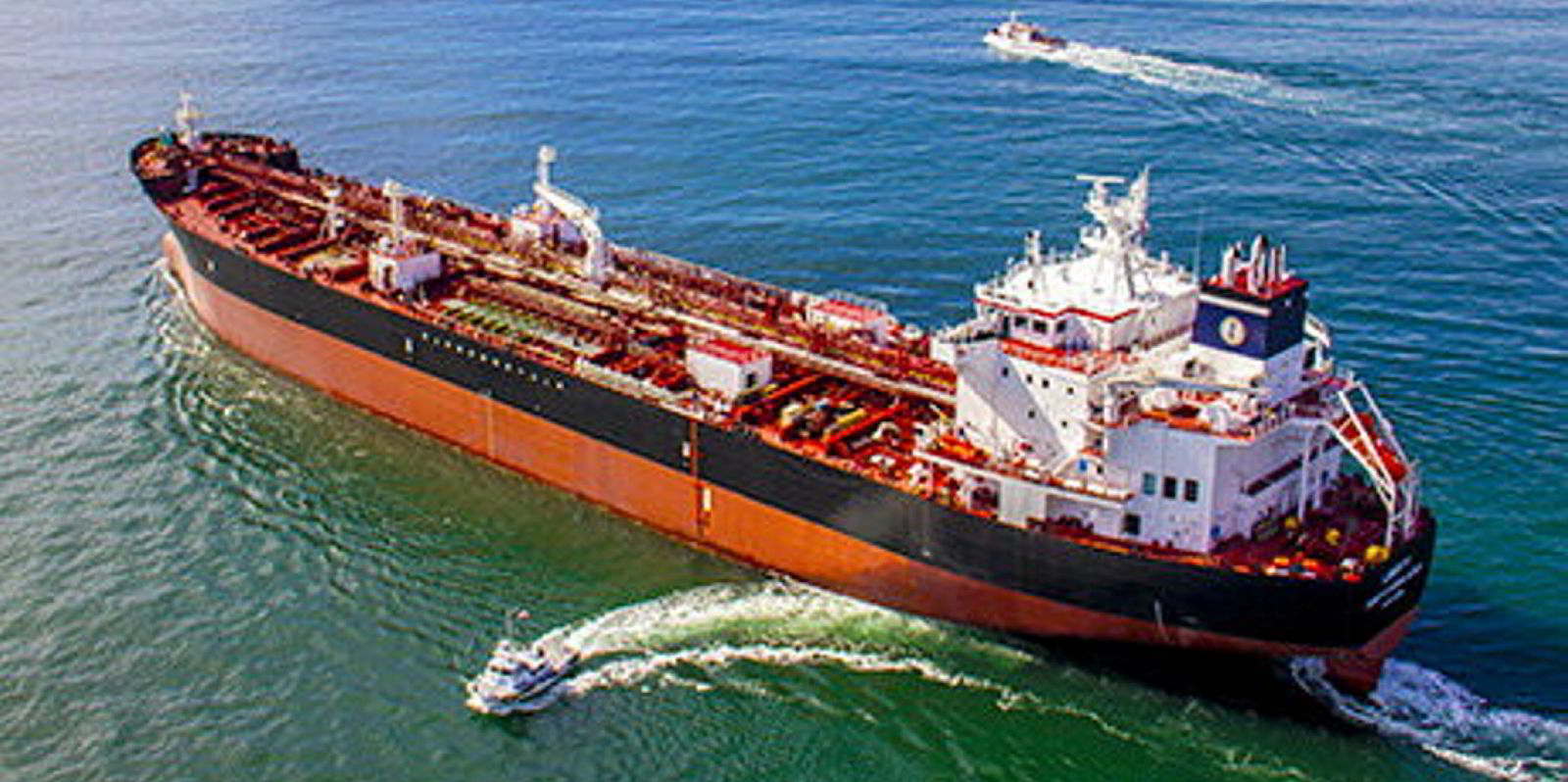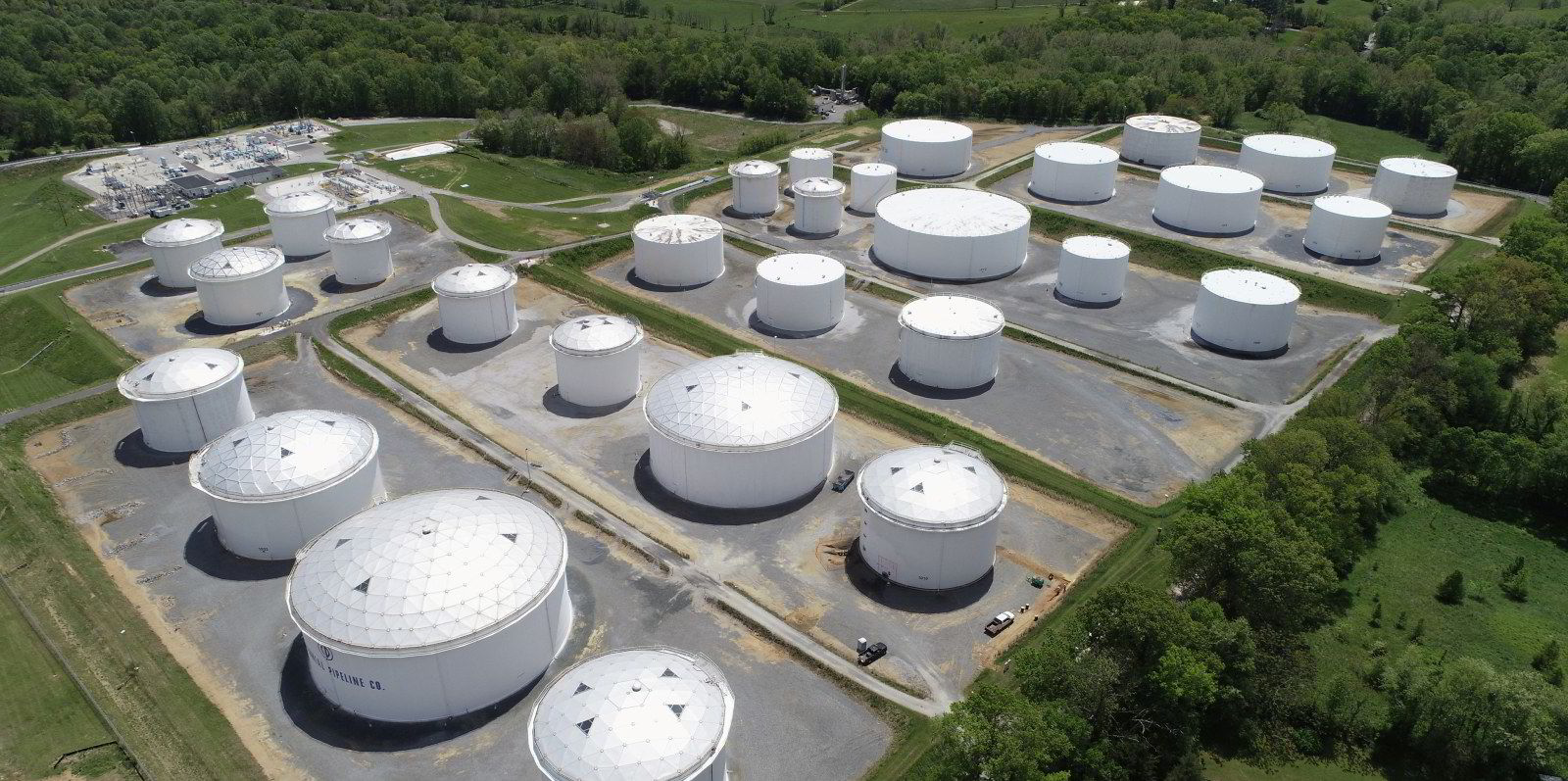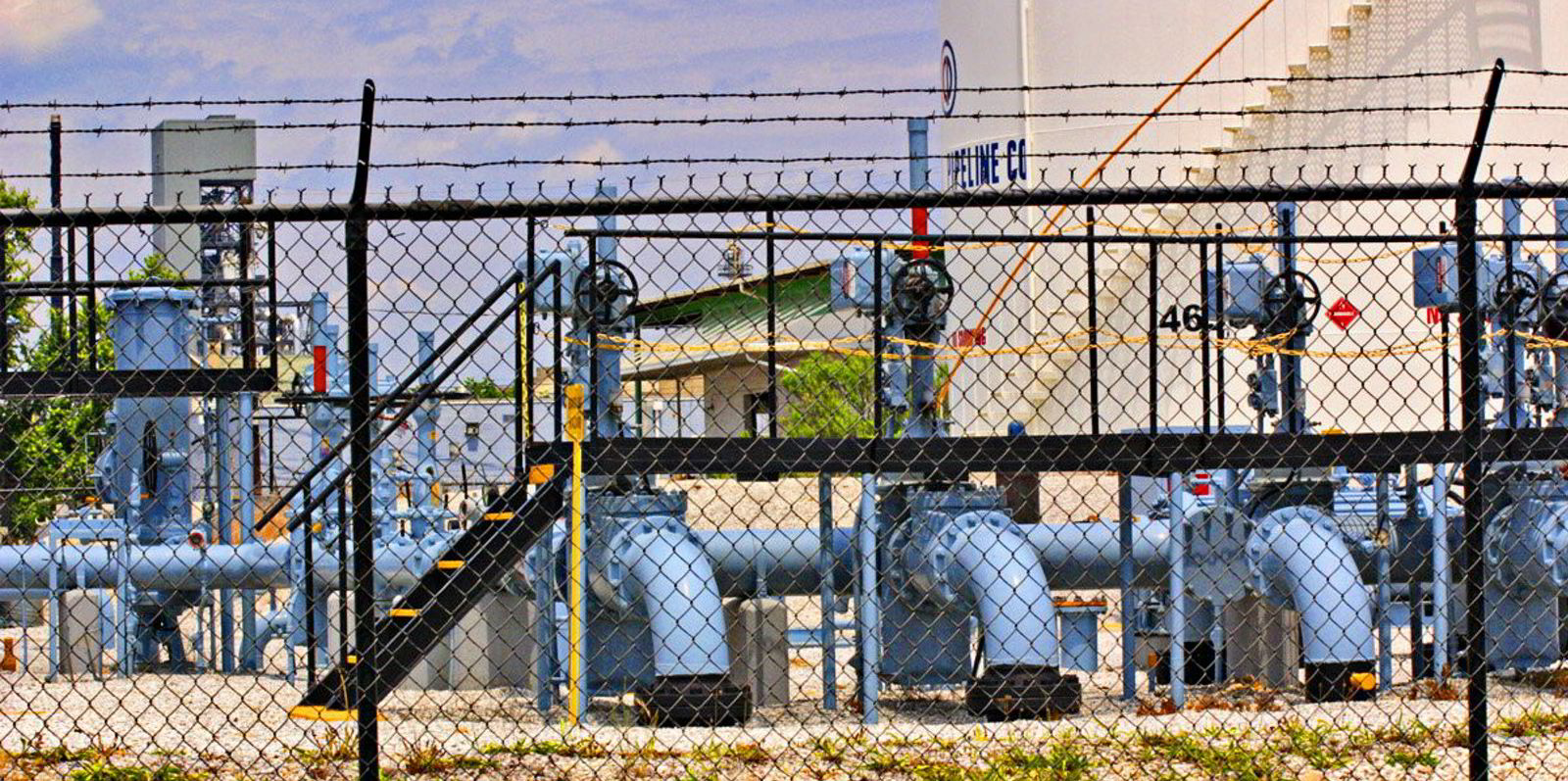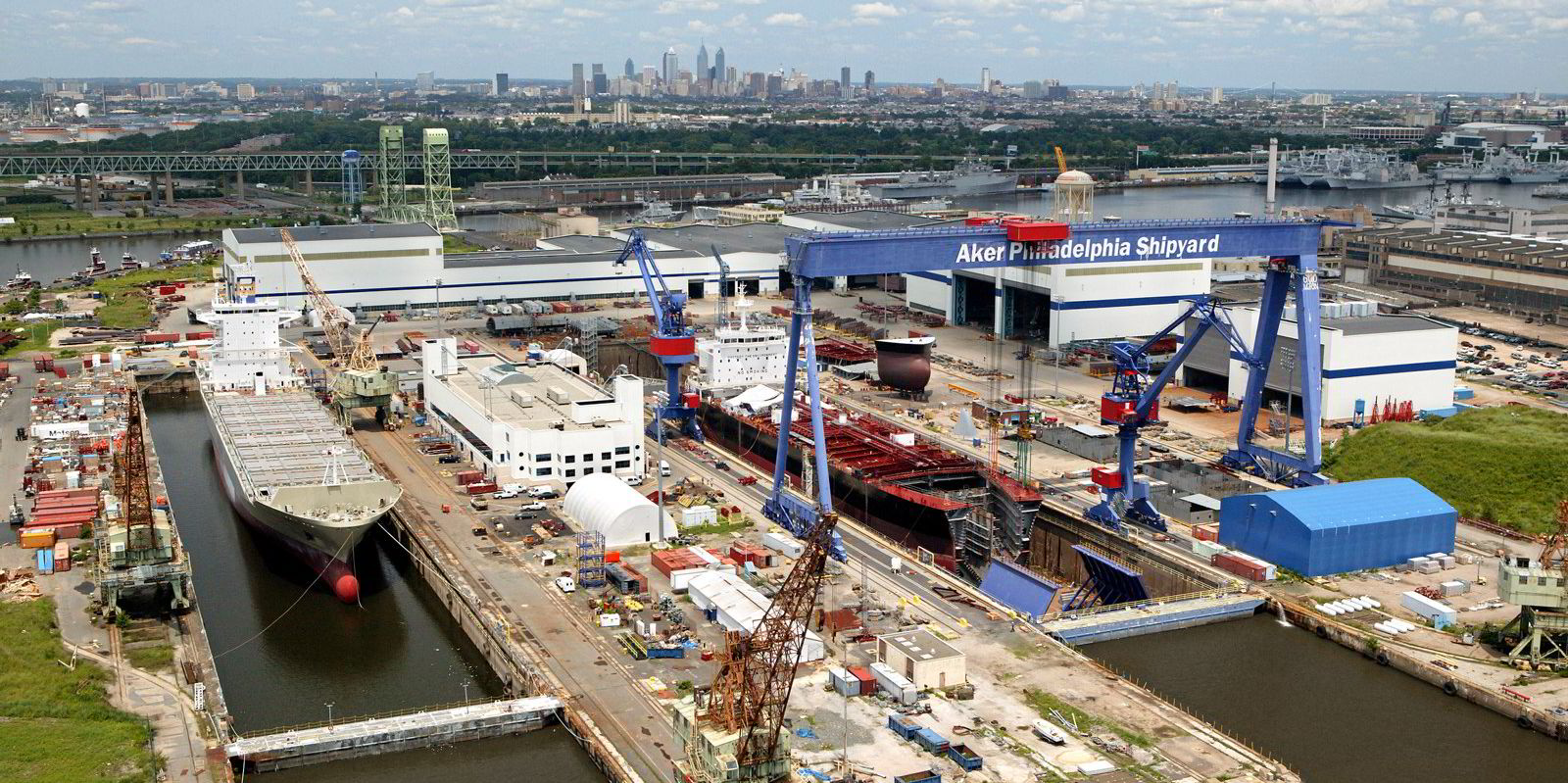As the US government scrambles to mitigate gasoline shortages caused by the Colonial Pipeline outage, there are Jones Act tankers to be had.
Five days after a cyber-attack took down the 8,500-km pipeline that supplies nearly half of all transport fuels to the east coast, the US Department of Transportation and its Maritime Administration said on Tuesday it was considering issuing a waiver to the Jones Act cabotage law.
But there are two US-flagged MR tankers available to load cargoes right now, eight more that can be ready once crewed, plus some oceangoing articulated tug barges.
"The issue of waivers — it's going to take a while to load foreign cargoes," said David St Amand of Navigistics Consulting.
"Right now, we have Jones Act vessels available to load.
"You're not allowed to do waivers for economic reasons. You can only do it if it the vessels are not available. A waiver shouldn't be done until all the Jones Act vessels are chartered again. Then somebody might be able to get a waiver."
News of the pipeline outage lead to stockpiling of gasoline in the southeast, with images circulating of miles-long lines outside stations along with reports of fistfights over fuel and gasoline hoarding.
Well over half the petrol stations in North Carolina and more than 40% in Georgia and Virginia have run out of refined products, according to figures from gasoline price tracking site Gas Buddy.
If the shortages persist, Winston & Strawn partner Charlie Papavizas said the likelihood increases for a waiver allowing foreign-flagged ships to transport cargo between US ports.
"If for no other reason than to show that they're taking every possible action, I think [the chances go] up substantially," he said.
"It's very similar to what happens after a hurricane, where there's gasoline disruptions and the government has to show actions."
Papavizas said the waivers do not usually move many cargoes as foreign ships have to position themselves to take cargoes first. A waiver would be further complicated by the pipeline servicing tank farms inland, where tankers regardless of flag cannot reach.
He also said waivers appear to be issued at random.
"Jones Act waivers are political exercises," he said. "They're not practical help exercises."
A waiver would be the first in more than three years, with the last coming when then-president Donald Trump waived the law for 10 days for ships headed to Puerto Rico after Hurricane Maria devastated the island.

Papavizas said Trump had used a provision that allowed the defense secretary to waive the law, as any waivers can only be issued in the interests of national defence.
Congress has since rescinded that ability, forcing a review of Jones Act tonnage before a waiver can be issued.
On Tuesday, the Department of Transportation said it was doing just that.
Colonial Pipeline said on Wednesday that pipeline operations were restarting but that it would take several days for the supply chain to return to normal.
Reuters reported earlier in the day that portions had reopened manually and that the company had taken barrels with the intention of moving them by the end of the week.
The news prompted a rapidly rising product tanker market to cool on Wednesday, with seven product tanker fixtures cancelled in the US Gulf.







